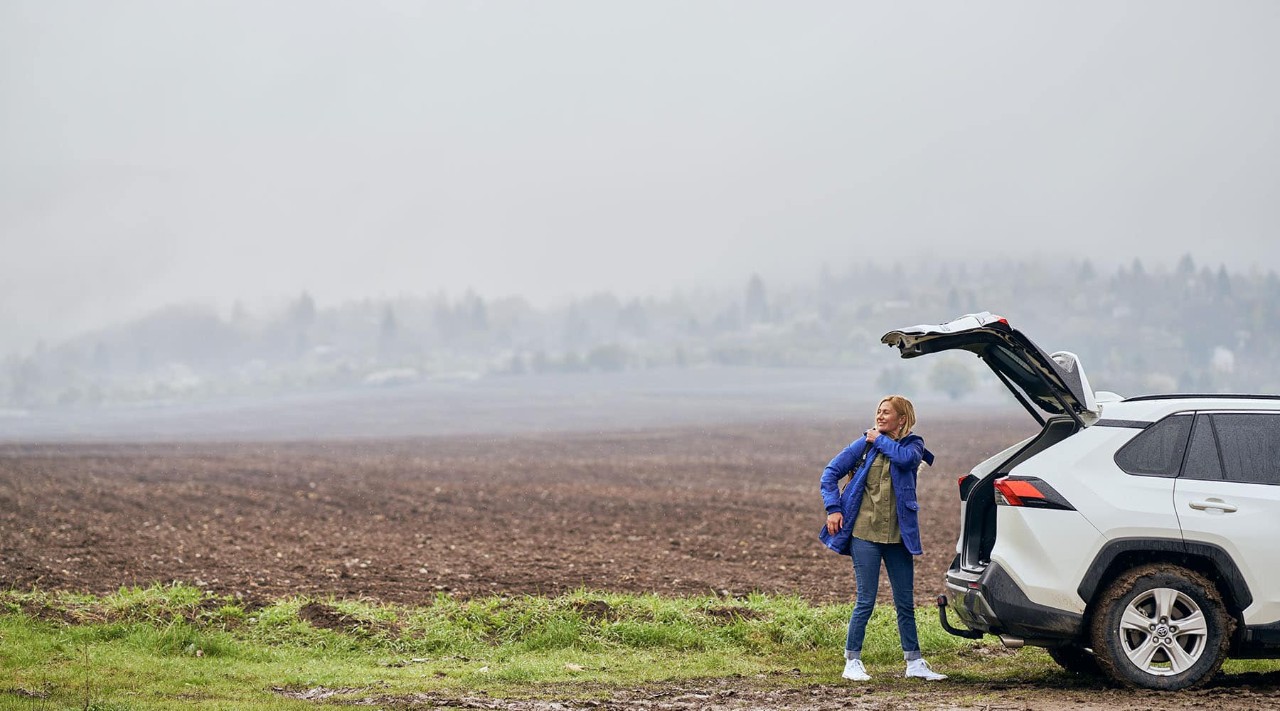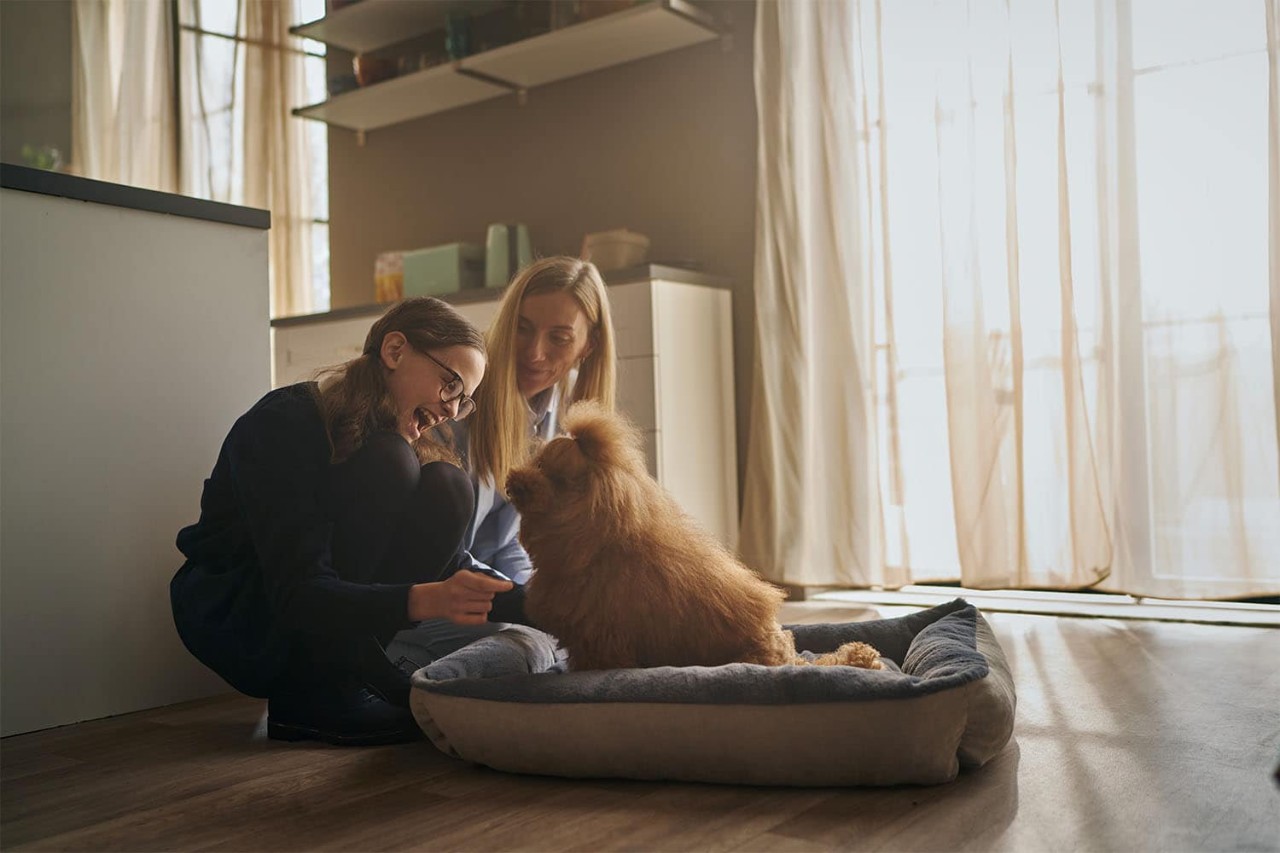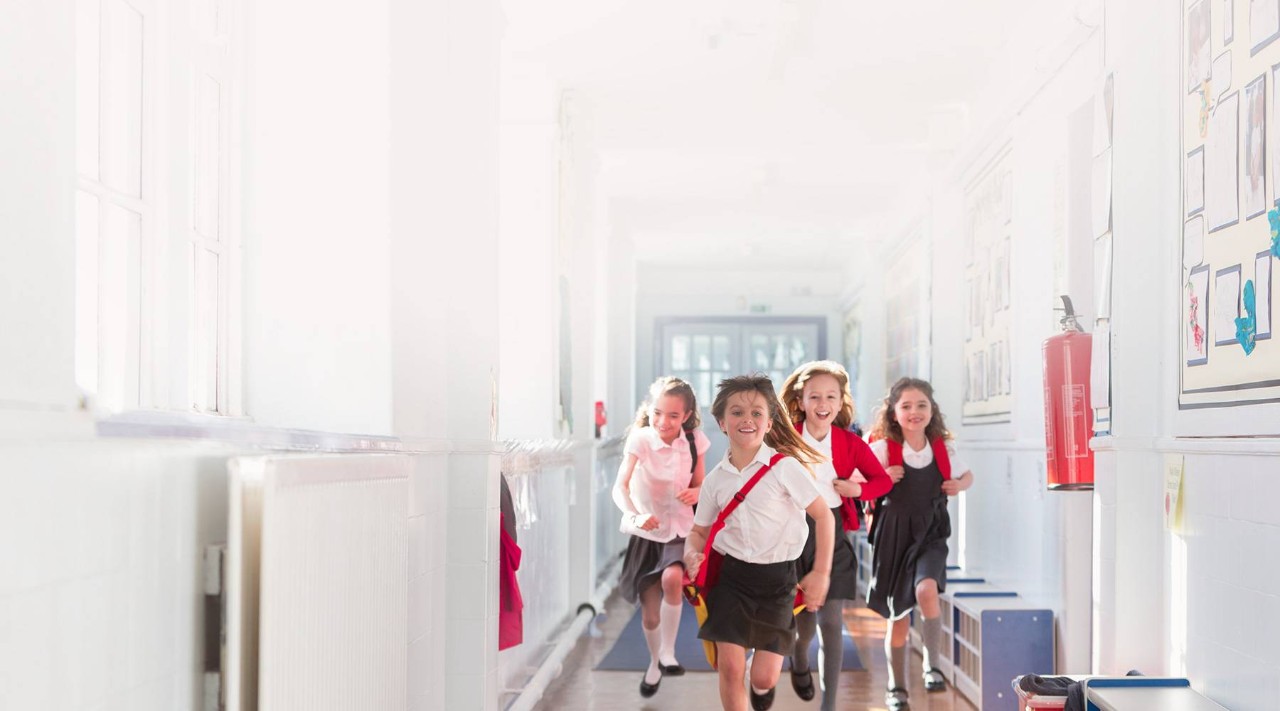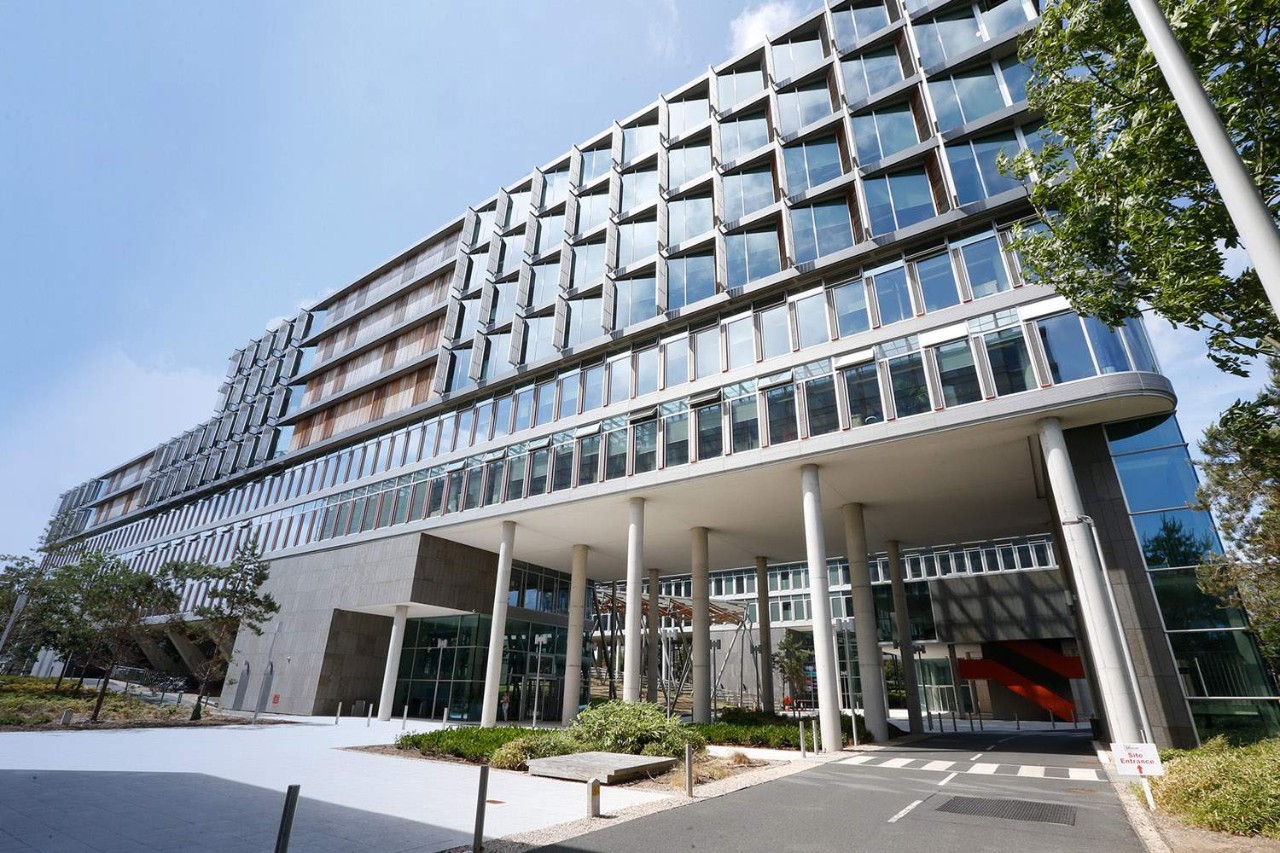Claims Procedure
Note : This chapter of the Guide is only intended as a guide to better understanding of your policy and of the actions that you must take in various situations. You must refer to your Policy wording and Schedule for precise details of your cover and all terms, conditions, limitations and exclusions applicable to it.
Accidents involving injury to employees, pupils and other persons
It is when a claim is brought against the Board or a teacher that the value of an insurance policy becomes evident.
The most important element of liability claims is that an efficient and complete incident reporting system is maintained. Reduced claims costs will result if an accurate and documented account of an accident has been recorded.
As we have stated in Chapter 4 - Safety in the School, keep a written record of every serious incident with a note of any witnesses. This is a good practice whether or not the Board has a liability. The absence of liability will not necessarily preclude the possibility of a claim.
Get a report from any witnesses as soon after the incident as possible. A court hearing may be years after the incident, and a contemporaneous report is invaluable in providing a defence of the school or teacher.
If it is felt there is no liability, it allows the Insurer to repudiate a claim in the certain knowledge that it has all the facts. A prompt and complete denial can discourage further pursuance of a claim by a claimant or their solicitors.
If it appears there is liability, it enables the claim to be dealt with quickly thus saving some costs and perhaps a reduction in damages.
Remember that whatever happens in the way that a claim unfolds, Allianz is on your side and there to support you. At times you may doubt this because the legal system is so confrontational, but be assured that we are.
What are the basic rules when a claim occurs?
1. The policy requires you to immediately notify Allianz of all incidents which may give rise to a claim against the Board or an Employee (including any teacher, caretaker, special needs assistant, volunteer etc) engaged by the Board.
2. You are required to report these incidents fully and frankly and afford every assistance to the Insurer in processing the claim. It is detrimental to the handling of the claim to become defensive in why or how an accident happened.
3. You should neither admit nor deny liability nor comment upon the circumstances of the incident. It is possible to remain sympathetic and helpful to the injured person without this being interpreted as being an admission of liability.
4. Any breach of these conditions would entitle Allianz to refuse to handle the claim.
5. Teachers and other employees must be instructed to report any incident involving injury to an employee, pupil or other person which could conceivably give rise to a claim under the policy.
6. In the case of a fatality or serious injury an immediate verbal report must be made to Allianz. This enables Allianz to send its own investigators at the earliest opportunity.
7. If the incident involves equipment, it should be removed from service and kept for inspection. If it is essential equipment which must be repaired and returned to service, Allianz will arrange immediate inspection so that there is no undue delay.
8. The location of the accident can often be a matter for dispute and, therefore, its exact situation and condition should form part of the written report. A photograph of the location of the accident taken soon after its occurrence may later prove to be invaluable.
9. If in doubt as to whether you should advise Allianz of a potential claim, the golden rule is - inform Allianz and we will advise you.
10. Always consider action required to prevent a recurrence of the accident.
How do we complete a witness statement?
All relevant information should be written down immediately, whilst the facts are still fresh in the memory. Any delay in recording the facts may result in a loss of evidence that could be helpful to the Board and / or the teacher.
What information should we ascertain about accidents to employees?
1. Circumstances
(a) Describe the events leading up to the accident.
(b) Describe in detail what the employee was doing.
(c) What happened and why did it happen?
(d) Who was assisting? Describe how.
(e) Was it a safe system of work?
2. Witnesses
(a) Who was in charge?
(b) Who saw the accident?
(c) Obtain a detailed and signed statement.
(d) What was said afterwards?
3. Place of Accident
(a) Inspect it immediately.
(b) Was safety equipment:
- Supplied?
- In use?
(c) Retain any evidence for inspection.
(d) Take a photograph or draw a sketch
(however crude).
(e) Note measurements, weights, heights,
condition of ground, weather conditions etc.
4. The Injured Employee
(a) Name, address, age, occupation, experience and length of service.
(b) What is the nature of the injury and when is the employee expected to return to work?
(c) What treatment did he / she receive and from whom?
What information should we ascertain about accidents to pupils?
1. Circumstances
(a) Describe the events leading up to the accident.
(b) Describe in detail what the pupil was doing.
(c) What happened and why did it happen?
(d) Who was supervising?
(e) Was the correct level of supervision in operation?
(f) If the injury occurred in a games period, was the injury foreseeable e.g. prolonged rough play?
2. Witnesses
(a) Who saw the accident?
(b) Obtain detailed and signed statements from staff and fellow pupils where the incident is serious e.g. any incident requiring medical attention.
(c) What was said afterwards?
Important: Before taking a statement from a student who may be involved in the accident you should get permission from their parents or guardian.
3. Place of Accident
(a) Inspect it immediately.
(b) Was equipment involved? Was it in good condition?
(c) Retain any evidence for inspection.
(d) Take a photograph or draw a sketch (however crude).
(e) Note measurements, weights, heights, condition of ground, weather conditions etc.
4. The Injured Pupil
(a) Name, address and age of pupil.
(b) What is the nature of the injury and when is the pupil expected to return to school?
(c) What treatment did he/she receive and from whom?
What information should we ascertain about accidents to other persons?
1. Circumstances
(a) Describe the events leading up to the accident.
(b) Describe in detail what the person was doing.
(c) What happened and why did it happen?
(d) Why was the injured person in or around the property?
2. Witnesses
(a) Who (if anyone) saw the incident?
(b) Obtain a detailed and signed statement.
(c) What was said afterwards?
3. Place of Accident
(a) Inspect it immediately.
(b) Was equipment involved?
(c) Retain any evidence for inspection.
(d) Take a photograph or draw a sketch (however crude).
(e) Note measurements, weights, heights, condition of ground, weather conditions etc.
4. The Injured Person
(a) Name, address, approximate age, occupation (if known).
(b) What is the nature of the injury?
(c) What treatment did he / she receive and from whom?
Damage to Property
Damage to property and the consequences resulting can be disruptive to the school programme and, therefore, it is in the interests of all parties that renovation and/or repairs be effected as soon as possible. If the damage is serious, Allianz will appoint a Loss Adjuster to deal with the matter on their behalf. The Loss Adjuster is professional and independent and his role is not to reduce any claim you may submit. His function is to agree settlement as fairly as possible.
What are the basic rules when damage occurs?
1. The policy requires you to immediately notify Allianz of all loss, destruction or damage which may give rise to a claim under the policy.
2. You are required to afford every assistance to Allianz in provision of documentation or access to the property.
3. Any breach of these conditions entitles Allianz to refuse to handle the claim.
4. You should obtain estimates as soon as possible for the work necessary to replace or repair the property or article and submit them to Allianz.
5. The general rule is that every effort should be made to minimise the loss or damage. You should take such steps as are necessary to remove any property which is either undamaged or capable of repair, to a safe area away from the damaged part of the premises.
6. In respect of electronic equipment remember that it can survive moderate exposure to fire, heavy smoke, some exposure to aggressive chemicals and even total water immersion, and that soot is electrically conductive and can lead to operational failure. Equipment can be successfully restored by an expert if a decontamination and recovery procedure is mounted quickly enough after an incident.
7. If water is flowing from ceilings, cover property with plastic sheeting until the flow ceases. Use dehumidifiers under the plastic if possible.
8. In the case of glass damage get the repairs done as quickly as possible and submit the account to Allianz.
9. Never forget that once a spiral of damage is allowed to continue it can often be hard to contain and, therefore, every effort should be made to clear the damaged portion and tidy up as soon as possible.
10. Always consider action required to prevent a recurrence of the incident.
What should we do after fire damage?
1. Switch off equipment including emergency battery power. Water and moisture are electrically conductive and also cause corrosion.
2. Ventilate smoke filled areas.
3. Transport smaller portable equipment into undamaged areas.
4. If you suspect that P.V.C. has been burning, reduce humidity levels below 45% of room temperature. Corrosion processes are greatly reduced by doing this. Do not apply corrosion inhibiting oil to electronic equipment as it can cause damage.
5. Remove water by vacuuming, wiping or similar drying processes. Immediately remove wet objects such as floor coverings.
6. Do not use propane space heaters following a fire as they produce high volumes of condensation. Use a dehumidifier.
What should we do after storm damage?
1. The general rule is that every effort should be made to minimise the loss or damage. You should take such steps as are necessary to remove any property to a safe area away from the damaged part of the premises and to effect any possible remedial measures to limit further damage resulting.
2. You should obtain estimates as soon as possible for the repair work necessary and submit them to Allianz.
3. If water is flowing from ceilings, cover property with plastic sheeting until the flow ceases. Use dehumidifiers under the plastic if possible.
4. Remove water by vacuuming, wiping or similar drying processes. Immediately remove wet objects such as floor coverings.
5. Do not use propane space heaters as they produce high volumes of condensation. Use a dehumidifier.
What should we do if the building is uninhabitable?
A total or partially destroyed building represents a hazard and pupils and unauthorised persons should be kept away from such damaged areas. It may be necessary to suspend education for a time until alternative arrangements can be made. In the extreme it may be necessary to hire temporary classrooms to continue schooling and Allianz will advise on this aspect after inspection of the damage.
What should we do after vandalism or theft?
1. Any act of vandalism or theft should be immediately notified to the Gardaí.
2. Make sure that the intruders/vandals have left the premises. It is not uncommon for them to remain on the premises and wait until the initial response is over.
3. Secure the premises as well as possible and reactivate the alarm system.
4. If you have an alarm system contact the security company if you suspect that it failed to operate.
5. You should obtain estimates as soon as possible for the work necessary to replace or repair the property or article, and submit them to Allianz.
6. In the case of glass damage get the repairs done as quickly as possible and submit the account to Allianz. Board up broken windows. The policy covers all such costs.
7. Consider action required to prevent a recurrence of the incident.
Professional Indemnity, Employment Practices and Legal Expenses Claims
As with liability claims, the most important element of Professional Indemnity, Employment Practices and Legal Expenses claims is the implementation and maintenance of an efficient and complete incident reporting system.
What are the basic rules when a claim occurs?
1. The policy requires you to
“give immediate written notice to Allianz on receiving notification of a claim or after becoming aware of any circumstances which might reasonably be expected to result in aclaim irrespective of the views of the Insured as to the validity or otherwise of such claim or prospective claim”.
Additionally, cover under the Legal Expenses sub-section only applies to legal costs and expenses which are:
“reasonably and properly incurred by the Insured with the express prior approval of Allianz”
2. You are required to report these incidents fully and frankly and afford every assistance to Allianz in processing the claim. It is detrimental to the handling of the claim to become defensive in why or how an incident happened.
3. You should neither admit or deny liability nor comment upon the circumstances of the incident. It is possible to remain sympathetic and helpful to the claimant without this being interpreted as being an admission of liability.
4. Any breach of these conditions would entitle Allianz to refuse to handle the claim.
5. If in doubt as to whether you should advise Allianz of a potential claim, the golden rule is - inform Allianz and we will advise you.
6. Always consider action required to prevent recurrence of the incident.
Personal Injuries Assessment Board
injuriesboard.ie formerly known as the the Personal Injuries Assessment Board (PIAB), was enacted under the Personal Injuries Assessment Board Act 2003. PIAB offers an alternative to the current adversarial and court based claims procedure. The aim is to provide a speedier resolution of assessment only cases for genuine victims of accidents through an entirely transparent system, without the high legal costs traditionally associated with court cases.
With effect from 31/05/04 all Employers Liability claims and, from 22/07/04, all Public Liability and Motor claims must be referred to PIAB. Once formal notification of a claim has been received by an Insurer from PIAB, a 90 day time limit applies to investigate and advise on whether the claim can proceed to assessment. If the Respondent (defendant) does not consent to the PIAB assessing damages, the PIAB will issue a release certificate allowing the claimant (injured party) to implement court proceedings.
If, on the other hand, the Respondent consents to PIAB issuing assessment, this in itself does not indicate that the Respondent is admitting liability. Furthermore, any assessment made cannot be used in evidence in any subsequent court proceedings.
A fee, currently €1,050.00, payable by the Respondent to PIAB, applies if the matter proceeds to assessment. Having confirmed the matter can proceed, the case is then assessed by PIAB, and the award communicated to the Claimant and Respondent.
The Claimant has 28 days and the Respondent 21 days in which to accept or reject the award. Failure by the Respondent to reply is viewed as acceptance.
Rejection of the award by either party will see PIAB issuing an Authorisation Certificate releasing the matter to proceed by way of litigation. A document entitled “Injuriesboard.ie Claims Process Simplified” is included in the appendix to this Guide.
General
We do understand that the occurrence of a claim and its subsequent developments can be a very traumatic experience for those involved. Client satisfaction is a key goal for Allianz and an equitable and speedy response to the settlement of claims forms an integral part of our endeavours to achieve our aims. As we said earlier in this Chapter in relation to liability claims, Allianz is on your side and is there to support you.





